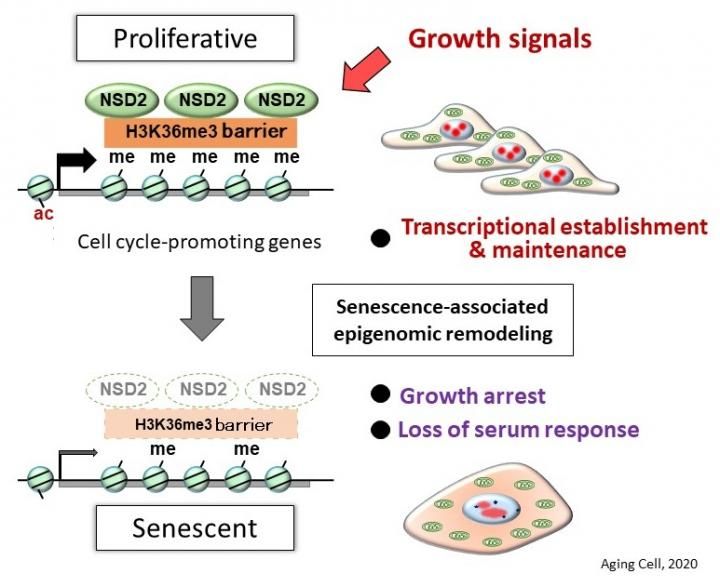An aerial combat simulation between an F-16 pilot and an artificial intelligence algorithm is part of the government-sponsored “Alpha Dog Trials” on Aug. 20.
Get the latest international news and world events from around the world.

Meet The Agritech Entrepreneurs Who Just Raised $6 Million To Help Farmers In Kenya Grow Their Business
These guys have a great idea…but In true Zuckerberg style how does one steal and supercharge the idea. With food having salmonella, people need to grow more food at home. What technology can be created that uses technology to help people in urban settings grow their own food. This will help many in a post covid world, and the food should be safer, and also may promote nutrition. nnAmerican farmers also are having trouble, and would see the loss in demand. Global food production needs to increase. Japan offered to boost the continent of Africa’s rice production through cooperation. The same cooperation needs to be done with American farmers to boost Africa’s food production. Technology would be used to partner American farmers with African village cooperatives. The farmers and cooperatives would work together and share profits. This way the American farmer has revenue coming from two markets and continents. The same model can also be used in Mexico to prevent immigration. This way American farmers would also have revenue coming from Central and South America, however people who normally would be farm workers would be partners, and make more than they would having to cross borders dangerously, to make less money. This model can both reduce poverty, as well and insure food security. The capital for investment would have to come from many sources. Crowdfunding is one that can be good as the money can be paid back with profit. This way a crowd fund investment would gain better returns than interest rates. The next of course would be USAID. A project can be developed, in which USAID provides American farmers with start up capital. They manage the project pay back the loans, while sharing profits. Agreements can be developed for certain periods of time, After which the American farmer turns the project over to the cooperatives…just thinking out of the box it is a bit crazy. The farmers would be like a new Peace Corps thing. #VillageEconomics nnPortfolio company #ApolloAgriculture was recently featured in a Forbes article highlighting their machine-learning and automated-operations technology that helps small-scale farmers access everything they need to maximize their profitability. #impactinvesting #agtech
Between 2011 and 2014, engineer and Stanford grad Eli Pollak worked in agricultural technology in the U.S. for a company called the Climate Corporation. The enterprise where he was one of the early employees (which in 2013 was acquired by Monsanto for over $1 billion) worked on providing customized recommendations to increase production of large scale commercial farmers. What caught Pollak’s eye during his tenure at the company, however, was that some countries were planting way more seeds, but producing dramatically less agricultural products than the U.S.
This prompted Pollak to team up with Climate Corporation colleague Earl St Sauver, and Benjamin Ngenga (who himself grew up on a farm) to start Apollo Agriculture, a Kenyan ag-tech company which uses machine learning and automated operations technology to help small-scale farmers access everything they need to maximize their profitability.
In late May, Apollo Agriculture raised $6 million in a Series A round. The round was led by Anthemis Exponential Ventures, with participation from Leaps by Bayer, Flourish Ventures (a venture of The Omidyar Group), Sage Hill Capital, To Ventures Food, Breyer Labs, and existing investors Accion Venture Lab and Newid Capital, among others.

Food Robot Prints And Grills Plant-Based Burgers On Demand
The company claims that it is set to disrupt the food supply chain with an automated robotic that can print a plant based burger and cook it up for you to your unique requirements within just six minutes.
This food robot could 3D print a patty and grill it to your specifications inside of six minutes. Welcome to the future of food preparation.
Why the Smallest Aliens are the Deadliest- Space Viruses (ft. Guilty Crown)
Oftentimes, when we think about aliens, we think about little green men with powerful lasers. However, what if I were to tell you that alien microbes — or space viruses- were the deadliest kind of alien?
Discord Link: https://discord.gg/brYJDEr
Patreon link: https://www.patreon.com/TheFuturistTom
Please follow our instagram at: https://www.instagram.com/the_futurist_tom
For business inquires, please contact [email protected]


NSD2 shapes the program of cell senescence [image] Science News
NSD2 is the fourth protective factor of cellular senescence that our team has identified,” said Professor Mitsuyoshi Nakao. “With the discovery that NSD2 protects against cellular senescence, this study clarifies a basic mechanism of aging.
Researchers from Kumamoto University in Japan have used comprehensive genetic analysis to find that the enzyme NSD2, which is known to regulate the actions of many genes, also works to block cell aging. Their experiments revealed 1) inhibition of NSD2 function in normal cells leads to rapid senescence and 2) that there is a marked decrease in the amount of NSD2 in senescent cells. The researchers believe their findings will help clarify the mechanisms of aging, the development of control methods for maintaining NSD2 functionality, and age-related pathophysiology.
As the cells of the body continue to divide (cell reproduction), their function eventually declines and they stop growing. This cellular senescence is an important factor in health and longevity. Cell aging can also be stimulated when genomic DNA is damaged by physical stress, such as radiation or ultraviolet rays, or by chemical stress that occurs with certain drugs. However, the detailed mechanisms of aging are still unknown. Cell aging can be beneficial when a cell becomes cancerous; it prevents malignant changes by causing cellular senescence. On the other hand, it makes many diseases more likely with age. It is therefore important that cell aging is properly controlled.
Although senescent cells lose their proliferative ability, it has recently become clear that senescent cells secrete various proteins that act on surrounding cells to promote chronic inflammation and cancer development. Since senescent cells are more active than expected, cellular aging is thought to be responsible for whole body aging. This idea has been supported by reports of systemic aging suppression in aged mice after removal of accumulated senescent cells. In other words, if you can control cell aging, you may be able to control the progression of aging throughout the body.



Jeff Bezos and Elon Musk’s plans to colonize space are even crazier than we thought
As a child, Elon Musk would read comic books and sci-fi novels and dream of fantastical worlds. Now the tech entrepreneur is on the verge of visiting one.
Musk’s focus narrowed some 20 years ago while poking around NASA’s website. He noticed that there was no timetable for a manned mission to Mars. He later called the lack of vision “shocking.”
Musk, then already a millionaire from the sale of a software company, ditched Silicon Valley for Los Angeles, in order to be closer to the aerospace industry, and set his sights on the stars.
